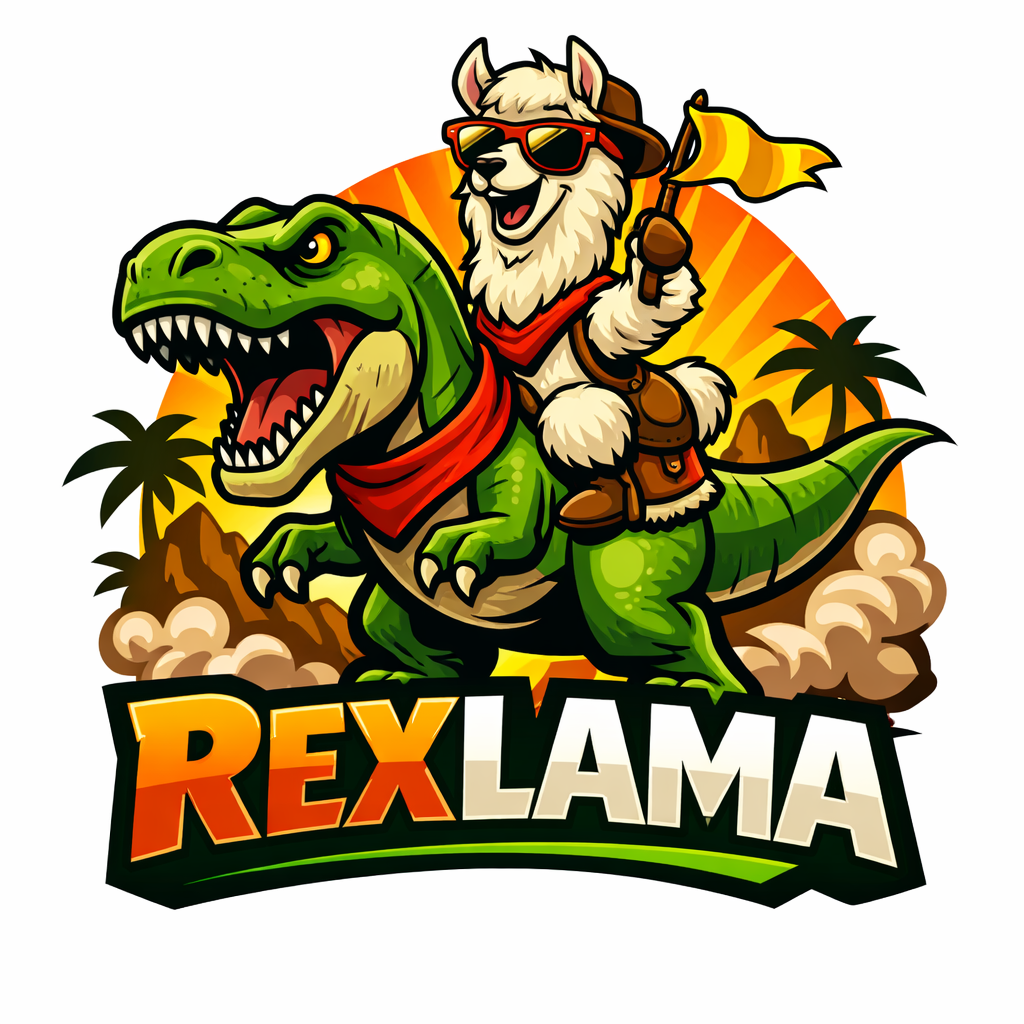Django is a high-level web framework for web applications
Description of service:
Price: 300.000 ₸
Period of execution: 2 weeks
Django is a high-level web framework for Python designed to facilitate the quick creation of secure and scalable web applications. Django was developed with a focus on automating routine tasks, simplifying the development process, and ensuring clean, maintainable code. This framework is popular among developers due to its "batteries included" approach, offering most of the tools needed to build web applications right out of the box.
History and Origin of Django
Django was first released in 2005 and has been actively developed and supported by a community of developers ever since. Named after guitarist Django Reinhardt, the framework was designed to address specific challenges faced by web developers at the time. The primary goal of Django was to create a framework that would allow developers to build web applications faster while ensuring a high level of security and performance.
Key Features of Django
-
Full-Stack Framework: Django provides everything needed to develop web applications, including request handling, routing, database management, and user authentication.
-
Model-Template-View (MVC): Django uses the MVC architectural pattern, making the code more organized and easily maintainable.
-
Admin Interface: The built-in admin interface allows developers to quickly manage site content and data without writing additional code.
-
Powerful ORM: Django includes a powerful Object-Relational Mapper (ORM), allowing developers to work with databases using Python code instead of SQL queries.
-
Security: Django has built-in mechanisms to protect against common security threats like SQL injection, XSS, CSRF, and more.
-
Scalability: Thanks to its architecture and support for multiple databases, Django excels in building scalable applications that can handle large numbers of users.
Advantages of Using Django
-
Rapid Development: Django allows developers to create functional web applications in the shortest possible time, thanks to its comprehensive set of tools and libraries.
-
Community Support: Django has a large community of developers and extensive documentation, making the learning and development process easier.
-
Modularity: Django is easily extendable with various plugins and modules, allowing new features to be added without changing the core code.
-
Flexibility: Django is suitable for creating both small websites and large enterprise applications, including social networks, content management systems, online stores, and more.
-
Integration with Other Systems: Thanks to its ability to integrate with various APIs and external services, Django can become the central element of a complex system.
Disadvantages of Django
-
Steep Learning Curve: Django can be challenging for beginner developers due to its large number of features and capabilities.
-
Performance: Although Django is quite fast, it may not match the performance of lighter frameworks like Flask, especially in projects with high speed requirements.
-
Project Size: Django may be overkill for small projects where a minimalist approach is sufficient.
Examples of Django Use Cases
-
Social Networks: Many social platforms, such as Instagram, use Django to handle large amounts of data and scale to millions of users.
-
Content Systems: Django is ideal for developing content management systems (CMS), allowing quick implementation and management of site content.
-
E-commerce: Online stores with large catalogs and complex transaction logic are often developed on Django due to its security and scalability.
Django is a powerful tool for web development that offers developers everything they need to create modern, secure, and scalable web applications. This framework is ideal for both beginners and experienced developers, providing a complete set of tools to build web applications of any complexity.
